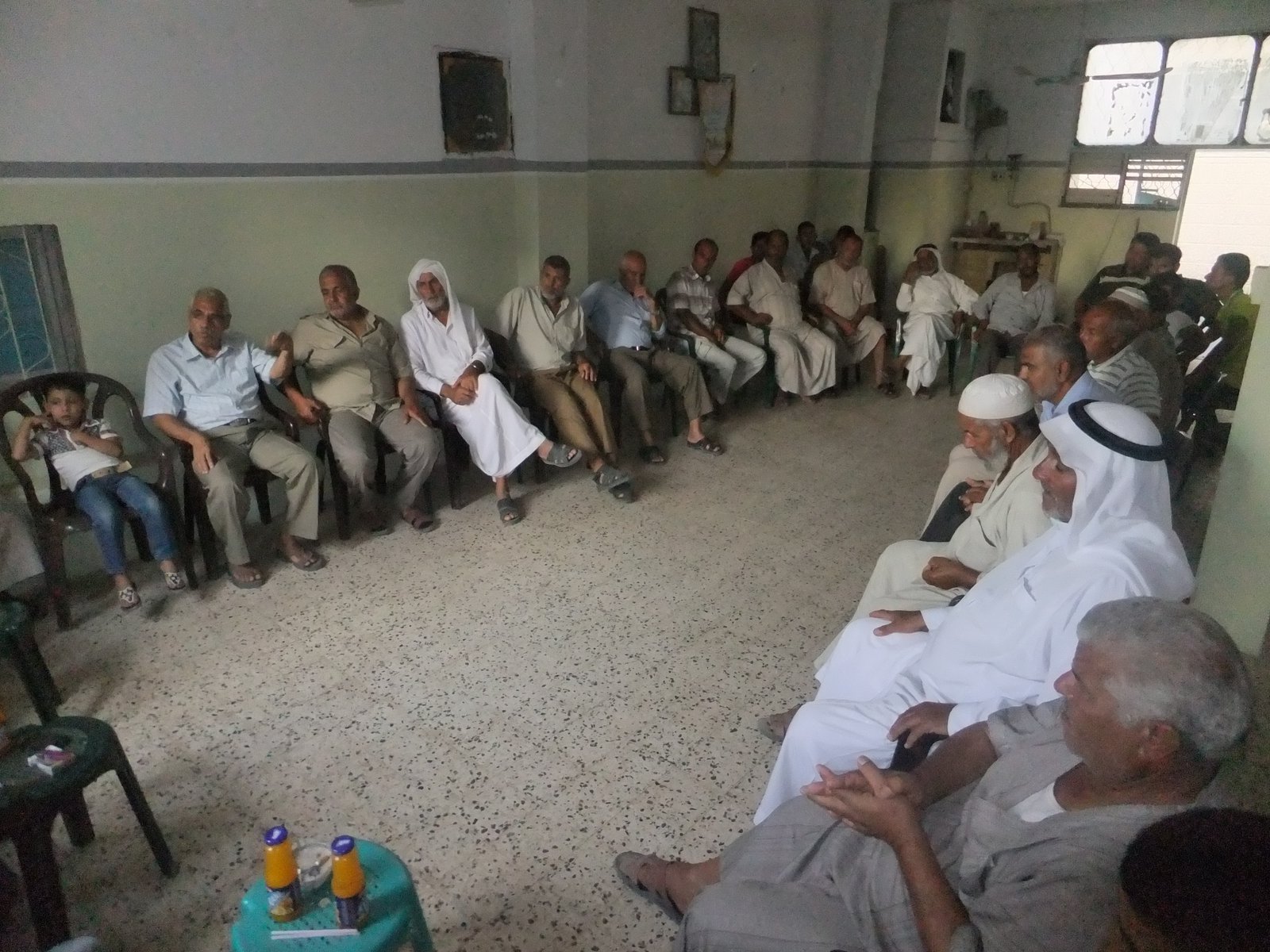Tag: Khan Younis
-
Gaza fishers and farmers: nowhere to go
13th September 2013 | International Solidarity Movement, Kevin Neish | Gaza, Occupied Palestine We had a meeting with some leaders in the Gaza commercial fishing industry, to hear their stories and see if or how we can assist them. Gaza Strip fishers have historically been some of the poorest families here, especially as many are not…
-
Man wounded by Israeli gunfire in the southern Gaza Strip
11th June 2013 | International Solidarity Movement, Rosa Schiano | Gaza, Occupied Palestine On the morning of Monday, 10th June, a Palestinian man was injured by Israeli army fire while working in the area of Sufa, southern Gaza Strip, near the barrier with Israel. Hadayed Abu Amer, 20, was picking up rocks and stones to…
-
End the Assault on Gaza: joint statement Gazan civil groups
23 June 2012 | Besieged Gaza, Occupied Palestine We condemn in the strongest possible terms the latest Israeli war crimes committed against our people in the Gaza Strip. We call on the international community and the Arab and Islamic worlds, to take up their responsibility to protect the Palestinian people from this heinous aggression and…

